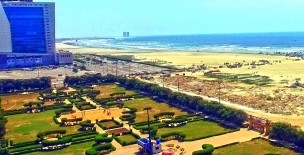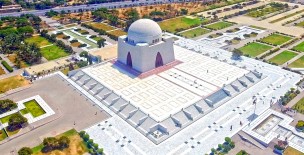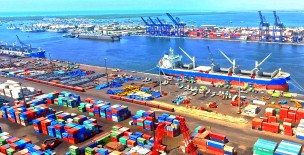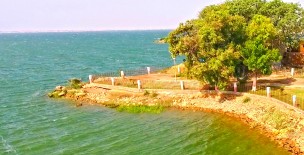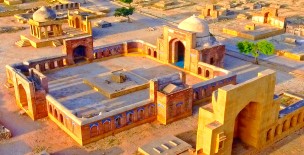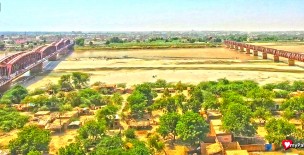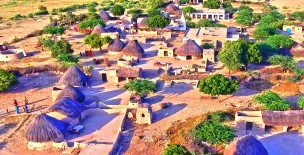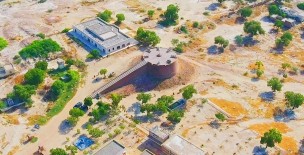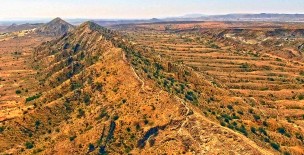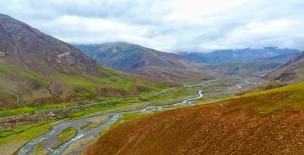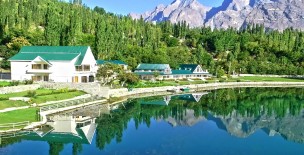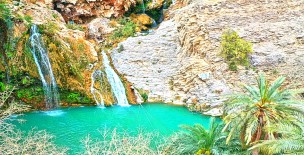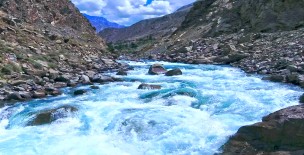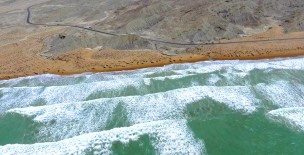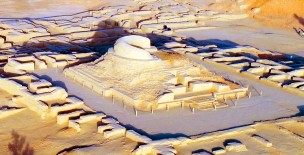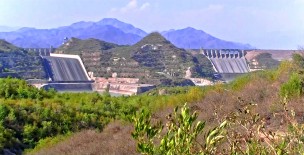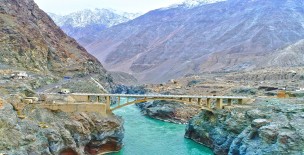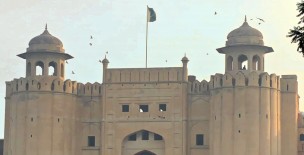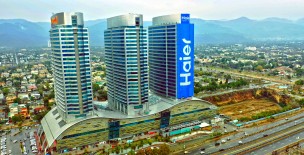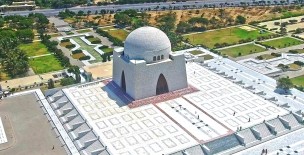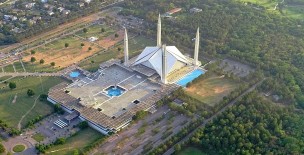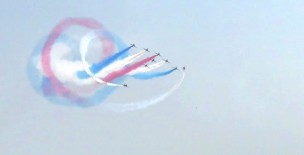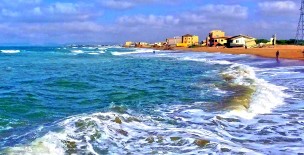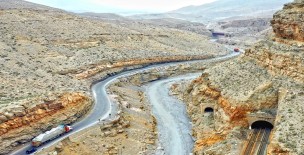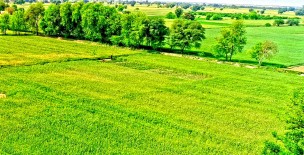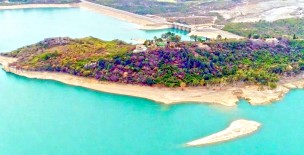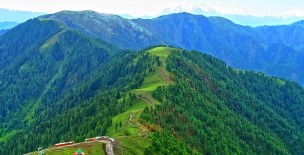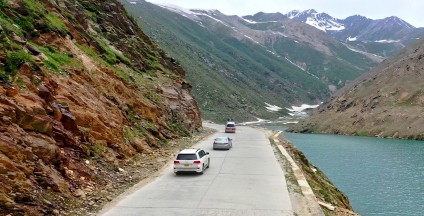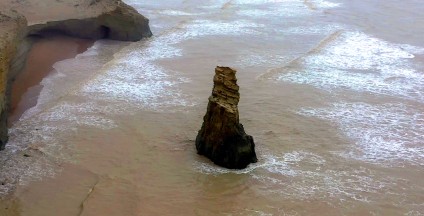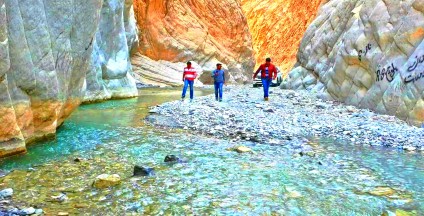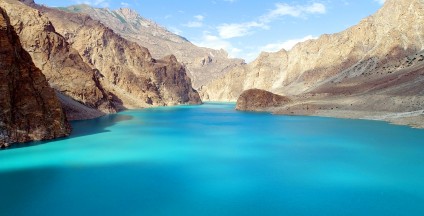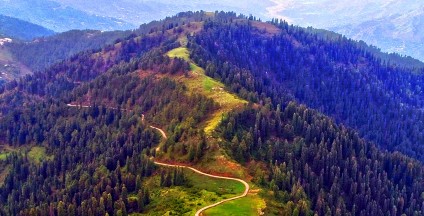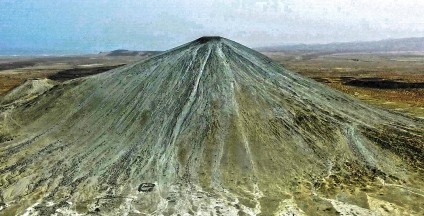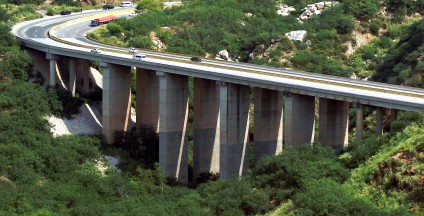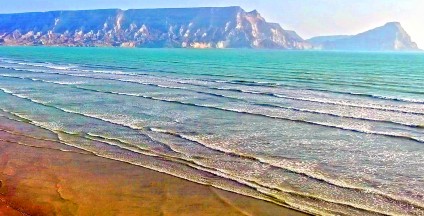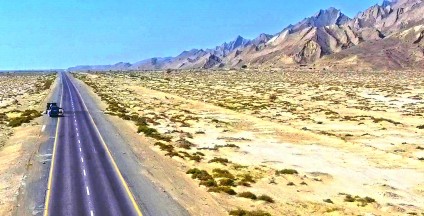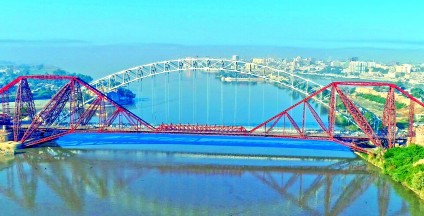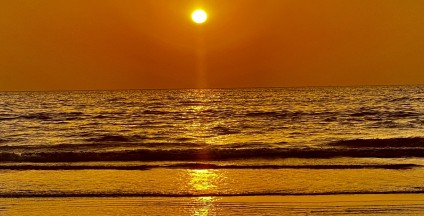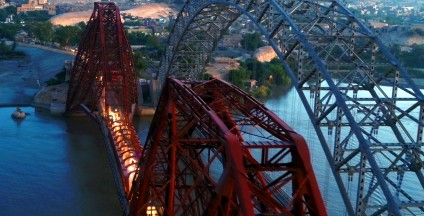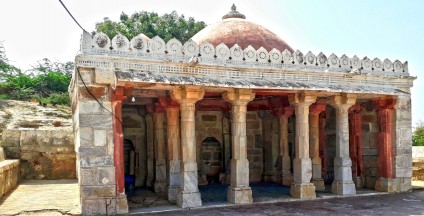The Port Muhammad Bin Qasim , also known as Port Qasim, is a deep-water seaport in Karachi, Sindh, Pakistan, on the coastline of the Arabian Sea.
It is Pakistan's second busiest port, handling about 35% of the nation's cargo (17 million tons per annum).
At present, Port Qasim and Karachi Port, the busiest port of country, together handle more than 90% of all external trade of Pakistan.
The port encompasses a total area of 12,000 acres (49 km2) wherein many industrial zones operate.
In addition to the Pakistan Steel Mills (PSM) and KESC Bin Qasim Power Plant, around 80% of the Pakistan's automotive industry is located at Port Qasim.
The port also provides direct waterfront access to two major nearby industrial areas, Export Processing Zone (Landhi) and Korangi Industrial Area.
Approximately 60% of country's export and import is originated from these areas.
Port Qasim is managed by Port Qasim Authority, a semi-autonomous government body.
Port Qasim is located on the northwest edge of the Indus Delta system, which is characterised by long and narrow creeks, mud flats and the Indus River Delta-Arabian Sea mangroves, one of the largest mangrove forest ecosystems found in an arid climate.
Recently Port Qasim Authority (PQA) has announced that an implementation agreement is being signed for the development of a 'pollution-free' Coal, Cement and Clinker Terminal (CCCT) worth $175 million with a handling capacity of up to eight million tons per year at port.
